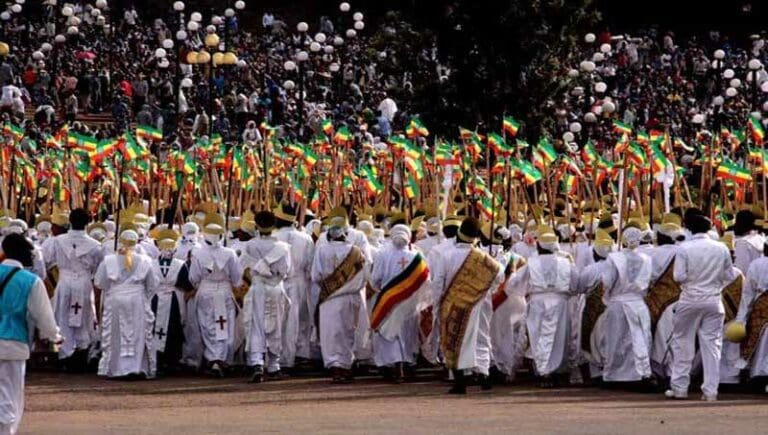APA-Addis Ababa (Ethiopia) The UN Educational, Scientific and Cultural Organization (UNESCO) has declared Ethiopia’s Shuwalid festival as Intangible Cultural Heritage of Humanity.
The inscriptions of the annual three-day festival celebrated by the Harari people take Ethiopian elements on the intangible heritage list to five. The others are Meskel Festival, Fichee Chambalala, Gada System, and Ethiopian Epiphany.
The decision to inscribe the Shuwalid festival on the list was made at the 18th session of the Intergovernmental Committee for the Safeguarding of the Intangible Cultural Heritage Tuesday.
Apart from Ethiopia, four African countries are on the new inscriptions intangible heritage list.
These include a procession and celebrations of Prophet Mohammed’s birthday in Sudan and a performing art of the Central Highlands in Madagascar, Hiragasy. Angola’s drawings and geometric figures on the sand Sona, and Nigeria’s Sango Festival, Oyo , have also been declared as intangible cultural heritages.
More on the Shuwalid Festival
Shuwalid is an annual three-day festival celebrated by the Harari people of Ethiopia. It marks the end of six days of fasting to compensate omissions during Ramadan.
The Harari people celebrate Shuwalid at the shrines of Aw Shulum Ahmed and Aw Akebara, found at the main entrance gates of the walled city of Harar.
The festival starts with supplications and spiritual songs, followed by the reading of scriptures, music and dance. The celebration is concluded with words of blessing.
The occasion unites community members of all ages and genders and serves as a platform for community elders to share their knowledge and experiences and to give blessings to the next generations, as well as for youth to learn about cultural values, norms and traditions.
Shuwalid is transmitted within families and by participating in the celebration, as well as through formal educational and safeguarding measures in the sites where the festival takes place.
A platform for the transmission of performing arts, oral traditions, traditional dress and other cultural elements, Shuwalid promotes social cohesion and a sense of identity. It also contributes to cultural exchange and supports the local community and artisans.
MG/abj/APA


